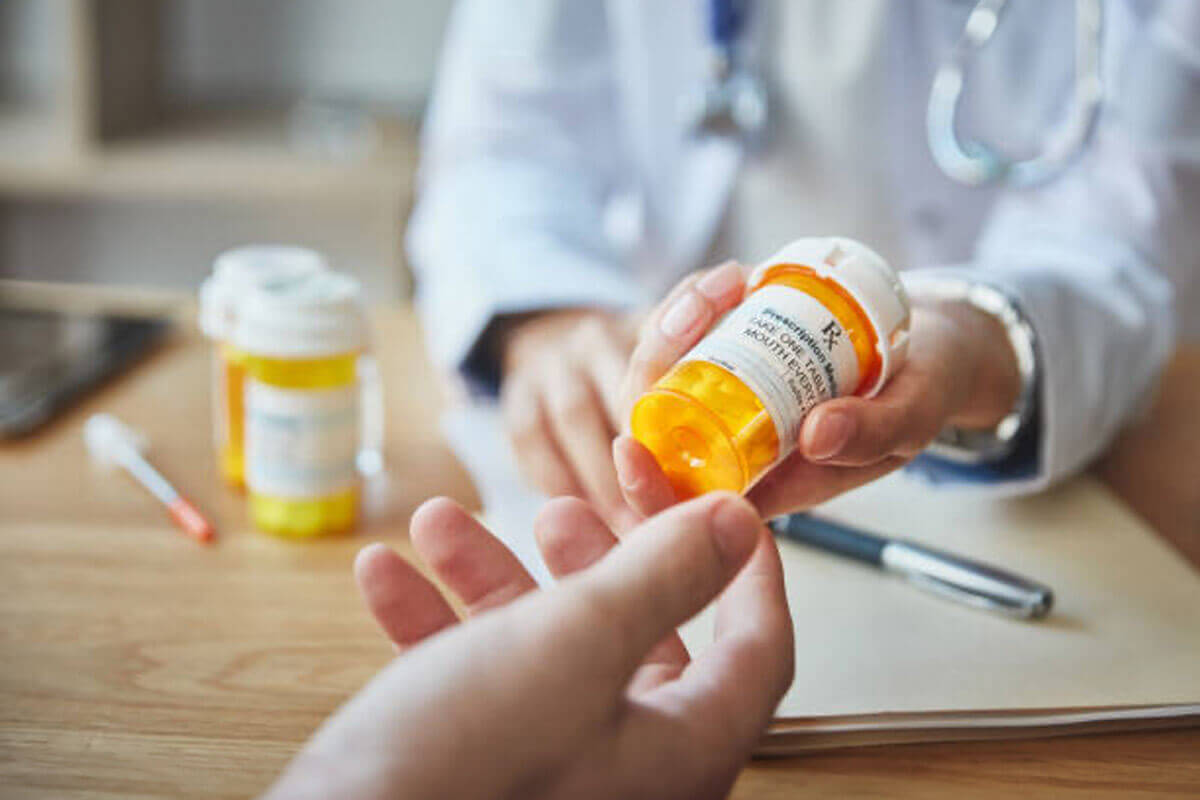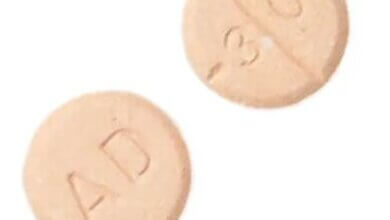The Benefits and Risks of Home Drug Detox?

When dealing with substance use, deciding how and where to detox is a major step. While some people choose inpatient facilities, others consider the option of in-home drug detox. This article breaks down the benefits and risks involved, helping you make an informed choice based on your needs and health.
What Is Home Drug Detox?
Home drug detox involves stopping the use of a substance and managing withdrawal symptoms without staying in a rehab center. It can be done independently or with some level of medical support. People may choose this route for its convenience, privacy, or cost benefits. However, the process can be challenging and carries certain health risks.
Benefits of Home Drug Detox
Here’s a look at why some individuals choose to detox at home instead of entering a medical facility.
1. Privacy and Comfort
Being in your own home during detox can feel less stressful. Familiar surroundings and close family support can make a tough process feel more manageable. For many, it’s easier to rest and recover when they’re in a space they know well.
2. Lower Costs
Inpatient detox programs can be expensive. For those without insurance or who prefer not to spend on overnight stays, a home detox may be a more affordable option. It reduces costs related to hospital stays, meals, and facility charges.
3. Flexibility
Home detox allows individuals to maintain some level of routine. If symptoms are mild, people may still be able to handle their daily responsibilities or work remotely. This flexibility can reduce the disruption to one’s life.
Risks of Home Drug Detox
Despite the benefits, detoxing at home can involve serious risks. These risks can outweigh the advantages if not carefully planned or supervised.
1. Medical Complications
Depending on the substance, withdrawal can lead to serious health problems like seizures, high blood pressure, or dehydration. Without medical help on hand, these symptoms can become emergencies.
2. Higher Risk of Relapse
Staying in the same environment where drug use took place can trigger cravings. Without 24/7 supervision, it’s easier to give in to urges and return to substance use.
3. Mental Health Struggles
Withdrawal often includes anxiety, mood changes, or depression. Without support, these emotional changes can be hard to manage and may slow down recovery or worsen mental health.
4. Lack of Medical Guidance
Trained professionals in medical detox centers monitor symptoms, offer medication, and guide the recovery process. At home, access to this help may be limited, increasing the risk of unsafe detox practices.
Is Home Detox the Right Option?
Deciding whether to detox at home depends on your overall health, the substance involved, and your support system. Those with mild symptoms and strong family support might manage well at home, but it’s always wise to speak with a healthcare provider first.
Some people also consider partial support services, where trained professionals offer home visits or teleconsultation. This blended model offers more safety than working completely alone. It’s especially useful for those exploring home alcohol detox, where medical risks can be more serious.
Conclusion
Home drug detox can offer privacy, comfort, and lower costs. But it also carries risks such as health complications, relapse, and lack of expert care. If you’re considering this route, be honest about your needs and consult a medical professional first. Choosing the safest option is key to a successful recovery.




